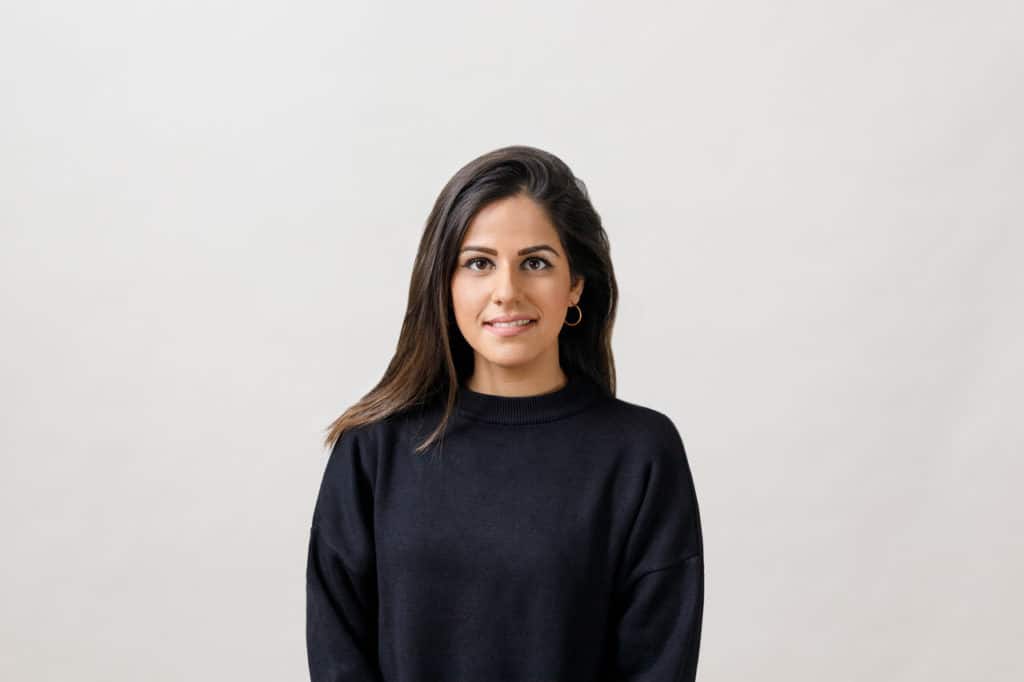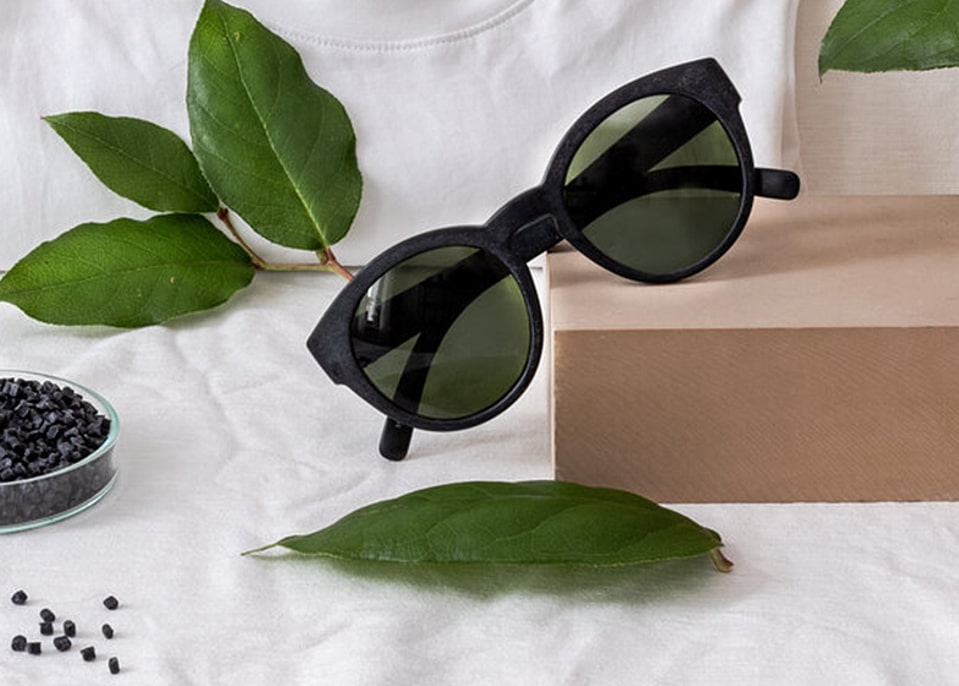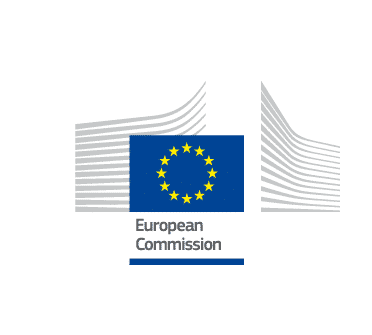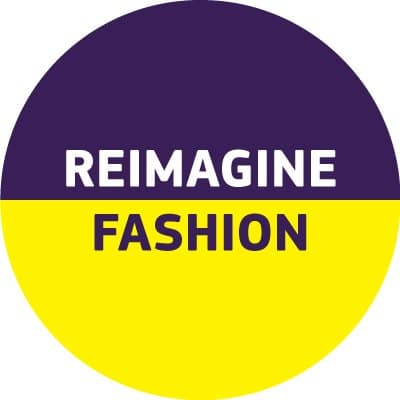Germany (Berlin)
This Berlin-based circular economy startup converts your old clothes into something brand new – and even more stylish.
Every year 92 million tonnes of textile waste is discarded globally, and more than 80% of this is sent to landfill or for incineration. Berlin startup Kleiderly are rescuing clothes from being buried or burned, and turning them into a brand new durable material that can replace plastics.
In doing so, they’re solving two problems at once: pollution created by textile waste – from methane in landfill, or air pollutants when clothes are burned – and the use of environmentally harmful oil-based plastics.
“The textile industry for me is very personal,” says Kleiderly’s founder, chemical engineer Alina Bassi. “I care about it because I love the industry. In 2018, I was on holiday in Tanzania and I saw firsthand where all of the clothes that we wear end up when we supposedly donate them, and how this affects the local infrastructure. As an engineer with a background in sustainability and life cycle analysis it did not make sense to me that we use so many natural resources and energy to produce fibres, produce them into clothing and ship them halfway around the world to then send them to landfill or incineration two years later. I thought there must be something else we can do about this.”

Alina Bassi, Photo: Stefan Wieland
Kleiderly collect clothes that can no longer be donated for reuse, and mixed fabrics that wouldn’t otherwise be recycled. The textiles are then processed, transforming them into a completely new material that can be used in the same ways, and with the same machinery, as existing plastics. It’s extremely durable, and can be shaped to create anything from clothes hangers to furniture – and it’s recyclable multiple times after use.
It can be put to hundreds of uses, but Kleiderly are currently using their plastic-free material to create their collection of stylish, timeless, 100% recyclable and waste-free sunglasses. The collection is also, importantly, acetate-free – acetate is a dangerous pollutant with hazardous additives, often mixed with plastics to make frames at the cost of human health and the environment.
Alina adds, “I’d love to see the fashion industry make decisions to become truly sustainable. Whether that’s re-evaluating their supply chain, or using sustainable clothing hangers made by us at Kleiderly, taking a stand and setting an example is vital for the big players. We want to enable them to do so by helping to create a circular economy, whereby waste is given value and consumerism becomes more conscious.”

AtlasAction: Follow Kleiderly on Instagram, Facebook and Twitter for the latest on cleverly converting clothing.
? AtlasEvent ► Alina will be joining Fixing the Future Festival, Barcelona’s celebration of creative solutions and world-changing ideas ► Get your tickets.
Project leader
Alina Bassi
Partners
Kleiderly were finalists in 2020’s European Social Innovation Competition, organised by the European Commission, with the support of a consortium of organisations. The consortium is led by Nesta Challenges and includes Kennisland, Ashoka Spain, the European Network of Living Labs, and Scholz & Friends. ‘Reimagine Fashion: Changing behaviours for sustainable fashion’ calls on applicants to find new, creative ways to reduce the overall environmental footprint and improve the societal impact of the fashion market, so that we can bring the joy back into fashion, without the harm.
Support the Atlas
We want the Atlas of the Future media platform and our event to be available to everybody, everywhere for free – always. Fancy helping us spread stories of hope and optimism to create a better tomorrow? For those able, we'd be grateful for any donation.
- Please support the Atlas here
- Thank you!



